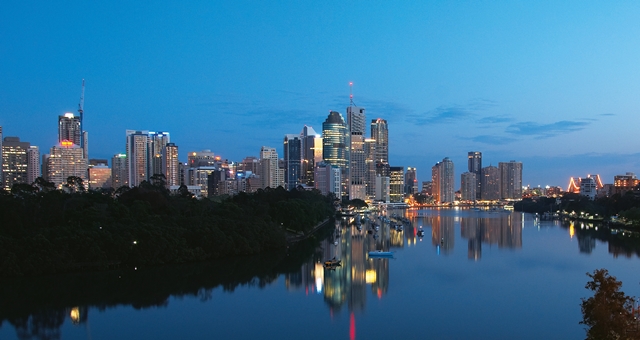SYDNEY, NSW, AUSTRALIA: The Australian Government’s carbon tax is expected to cost hotels almost AUD$115 million in its first year alone, according to a new survey commissioned by Tourism Accommodation Australia (TAA).
The result, according to the research by AEC Group, will be reduced profitability by up to 12% and that’s something the accommodation sector is struggling with, says TAA Managing Director Rodger Powell.
“The additional costs imposed on hotels from the carbon tax are coming straight off the bottom line”, he said.
“The ultra-competitive nature of the industry means that operators can’t simply pass on their increased costs to consumers. This is compounded by the fact that price competitive international destinations are not subject to a carbon tax by their governments,” Powell said.
Investment in the accommodation industry could be significantly hampered as the result of the tax, the report states, and Powell said that is cause for concern.
“The report estimates the impact on hotel profit margins and a resulting less positive outlook will cause the value of a benchmark 200-room hotel to fall by up to 16.5%,” he said.
“This is a major concern to the industry, which is desperately seeking new investment in new and upgraded accommodation properties.
“Tourism Australia is spruiking Australian tourism investment opportunities overseas (including at IHIF in Berlin two weeks ago), but concerns about generating returns is putting projects at risk.
“TAA’s position is that this inefficient tax needs to be repealed to put Australia’s accommodation industry back on a more level playing field with international competitors and other investment classes and to facilitate opportunities to attract new investment in high-quality accommodation stock,” Powell said.
The federal Shadow Minister for Tourism, Bob Baldwin, has also lashed out at the effect on the carbon tax on the hotel industry.
“Labor’s Tourism 2020 strategy says the Government will increase the attractiveness of investment in tourism assets, but you don’t do that by making those assets less profitable,” Baldwin said.
“Tourism investment in Australia is lagging and the industry needs a Government that wants to support it, not one that just wants to tax it.
“The problem with the Gillard Government is they just don’t understand the impact their new taxes have on the business model of tourism operators.
“It’s simple – if you make accommodation businesses less profitable, fewer people will be willing to invest in them.
“At a time when the Gillard Government is promising to ‘work with industry to invest in the products and infrastructure consumers are seeking’, Labor’s carbon tax is hitting the tourism business model for a six.
“The Coalition will immediately introduce legislation to scrap the Gillard Government’s carbon tax, and that’s good news for investors in the tourism industry,” Baldwin said.
Leading hotel asset manager and HM columnist Howard Kemball said properties have had to become more aware of their carbon footprint as a result of the tax, something that’s come at a significant cost.
“Hoteliers and owners have been introducing all kinds of measures to reduce their footprint which really means reduces the operating costs, whilst increasing their capital costs,” he said.
“There’s been a fair bit of capital expenditure to reduce these costs but initiatives include energy saving lamps, variable-speed drives on electric motors, guestroom energy control devices and behavioural changes at management and employee level to reduce energy.”


